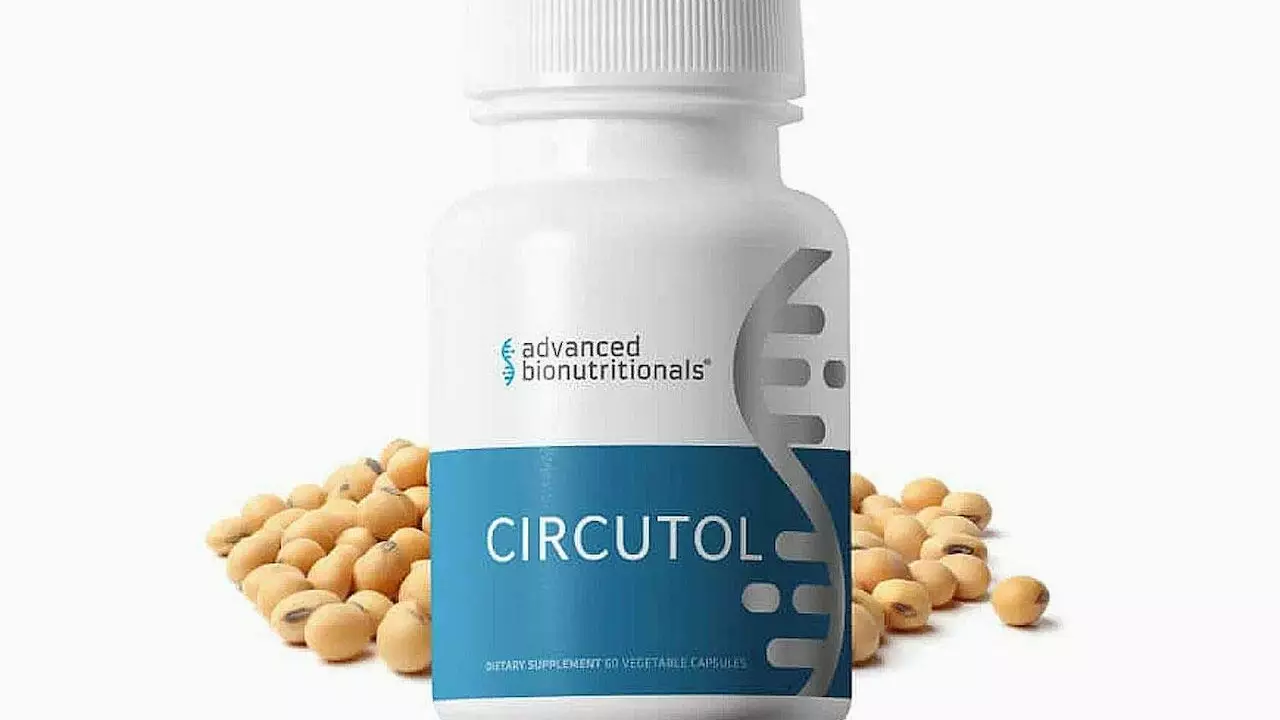Improve Digestion: Practical Tips to Fix Your Gut
If your stomach feels off most days, small changes can make a big difference. I’ll walk you through simple, proven steps to improve digestion that you can try this week. No fads, just clear actions that help with bloating, gas, constipation, and irregular stools.
Start with what you eat. Aim for a mix of fiber: soluble fiber (oats, apples, beans) softens stool and feeds good bacteria; insoluble fiber (whole grains, vegetables) speeds up transit. Increase fiber slowly over one to two weeks and drink more water so fiber doesn’t cause more bloating.
Hydration matters. Water keeps digestion moving and helps enzymes work. Sip water throughout the day and avoid gulping large amounts with meals, which can dilute stomach acid and slow digestion for some people.
Move your body. Walking after meals speeds gastric emptying and reduces bloating. Try 10 to 20 minutes of light movement after eating instead of lying down or sitting for long stretches.
Food habits that help
Eat mindfully. Chew slowly and pause between bites. Swallowing less air reduces gas. Smaller, more frequent meals can be easier to digest than three huge meals if you get bloated often. Identify trigger foods by keeping a short food diary for two weeks—common triggers include fried foods, high-fat meals, large servings of dairy if you’re sensitive, and artificial sweeteners like sorbitol.
Try fermented foods and probiotics. Yogurt, kefir, sauerkraut, and miso bring live bacteria that can balance the gut. If you try a probiotic supplement, pick one with clear strains listed on the label and start for four to eight weeks to judge effects. Probiotics can help with occasional diarrhea, constipation, and some bloating.
Supplements and remedies
Digestive enzymes can help if you feel heavy after fatty meals or if you have trouble digesting lactose. A short trial with an enzyme supplement taken with meals can reveal whether it helps. Peppermint oil capsules reduce spasms in the gut for many people with IBS symptoms, but avoid them if you have reflux.
For occasional heartburn, short-term antacids or H2 blockers work well. If you rely on them daily, talk to your doctor—long-term reflux treatment needs medical review. Also know that some supplements and herbs interact with medications, so ask a pharmacist if you take prescription drugs.
When to see a clinic: seek help if you have unexplained weight loss, blood in stool, persistent severe pain, or new symptoms after age 50. These signs need prompt evaluation.
Small, consistent steps usually beat dramatic diets. Eat more fiber, drink enough water, move a bit after meals, try fermented foods, and use targeted supplements when needed. Track what changes help and talk to your healthcare provider if problems persist. Better digestion often comes from clearer habits, not costly fixes.
Try a weekly checklist: track fiber grams, water intake, 10-minute post-meal walks, one fermented food per day, and note any triggers. If you’re on meds, consult your pharmacist or doctor before adding supplements for safe, steady improvement.
Boost Your Immunity and Improve Digestion with Bael: The All-in-One Dietary Supplement
In my latest blog post, I discuss the numerous benefits of Bael, a versatile dietary supplement. This powerhouse supplement is known to both boost your immune system and improve digestion. With its rich nutritional profile, Bael provides all-in-one support for your overall health. So, if you're searching for a natural way to enhance your health, consider adding Bael to your diet. Stay tuned to learn more about its benefits and how to incorporate it into your daily routine.
View More
